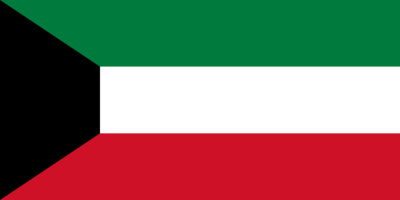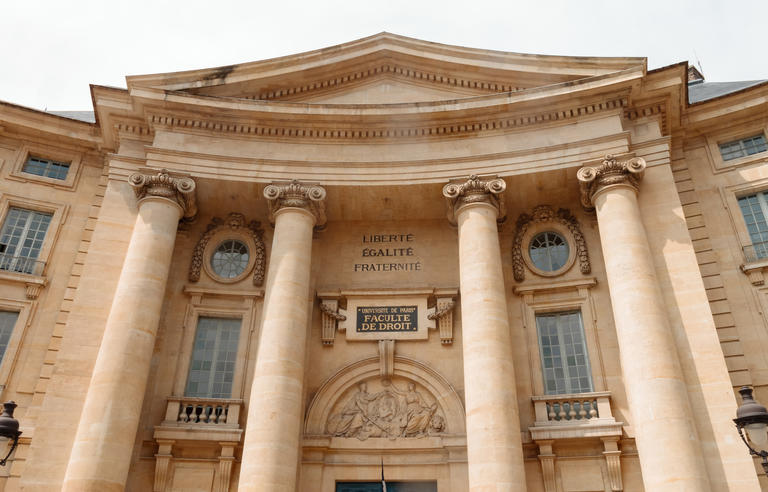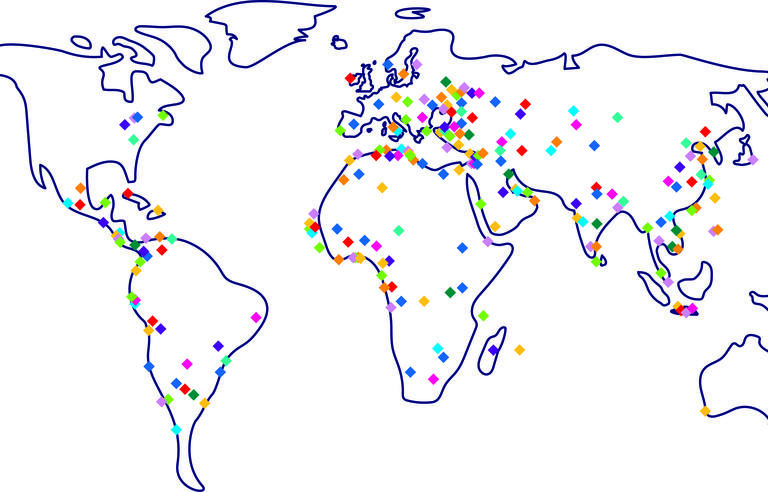The "researcher-talent passport" long-stay visa

The "researcher-talent passport" long-stay visa allows you to pursue a doctorate, conduct research or teach in France. It may be renewed in the form of a multi-year residency permit.
Good news!
There is an official website for visa application to France : https://france-visas.gouv.fr/
You will find all information you need to prepare your stay in France.
What does the "researcher-talent passport" long-stay visa permit?
The Visa Long Séjour Valant Titre de Séjour mention “passeport talent-chercheur” (VLS-TS long-stay visa constituting a residency permit marked "researcher-talent passport") allows holders of a Master's-level degree to stay in France to conduct research or teach at a university level in the framework of a hosting agreement.
Contact the French consular authorities in your country of residence to submit your visa request.
Who qualifies for the "researcher-talent passport" long-stay visa?
The "researcher-talent passport" VLS-TS is reserved for doctoral students, researchers and professors-researchers.
Spouses and minor children of the holder of a "researcher-talent passport" VLS qualify for the simplified "accompanying family" procedure and come to France without completing a family reunification procedure.
What is a hosting agreement?
A hosting agreement is an administrative document which specifies the nature and length of the work assigned to the researcher or doctoral student. It also states the resources, lodging conditions and the medical coverage provided to the beneficiary.
After being stamped by the Prefecture, the hosting agreement must be sent by the host institute to the beneficiary. The researcher or doctoral student must then have it stamped by the Consulate in his or her country of residence at the time of the visa request. This procedure applies if the researcher or doctoral student is employed to conduct research or give classes, regardless of the nature of the work contract: doctoral contract, Convention Industrielle de Formation par la Recherche (CIFRE - Industrial Agreement for Training through Research) or other.
Nationals of a European Union country, the European Economic Area, Switzerland and Romania do not need to obtain a hosting agreement. The same applies for Algerian doctoral students, whose situation is governed by the Franco-Algerian agreements of December 27th, 1968.
If you come to France to study for a doctorate in a French university without financing or on a bursary but without a doctoral contract or work contract, your host institute may refuse to give you a hosting agreement. You will then have to request a "student" long-stay visa.
How to validate your "talent passport" long-stay visa
For a stay of less than 12 months, you have a "researcher-talent passport" VLS-TS valid for one year. In the three months following your arrival in France, you must have your visa validated by the Office français pour l’immigration et l’intégration (OFII -French Office of Immigration and Integration).
For a stay of 12 months or more, you initially have a "researcher-talent passport" visa valid for three months. In the two months following your arrival in France, you must go to the Prefecture to request your multi-year "researcher-talent passport" residency permit. It is valid for a period of time identical to that of the hosting agreement, to a maximum of 4 years. You do not have to go to the OFII.
Can you travel with a "researcher-talent passport" long-stay visa?
The situation varies according to the length of your visa and the validation procedure associated with it.
- With a multi-entry "researcher-talent passport" VLS-TS valid for one year, you can travel freely within the Schengen area during the first three months following your entry in France. After three months, the OFII sticker, or an attestation of receipt, is mandatory.
- With a "researcher-talent passport" visa, you can freely enter and leave the Schengen area during the first three months following your entry in France. Beyond that, you will have to have your residency permit to travel outside of France.
Can you work with a "researcher-talent passport" long-stay visa?
If you have a "researcher-talent passport" long-stay visa or residency permit, you can freely work in France without the prior consent of the Direction régionale des Entreprises, de la Concurrence, de la Consommation, du Travail et de l’Emploi (Direccte - the Regional Department of Competition, Consumption, Work and Employment).
The spouse of a doctoral student or researcher who holds a "family talent passport" long-stay visa, may also work in France.
How to renew your "researcher-talent passport" long-stay visa
When your "researcher-talent passport" long-stay visa expires, you can request a multi-year "researcher-talent passport" residency permit to extend your stay in France. Make your request at the Prefecture. If you obtain your residency permit, it will only be valid for a period of time identical to that of the hosting agreement, to a maximum of 4 years. This formality is renewable and costs 269 Euros.
Family members may also request renewal of their "family talent passport" long-stay visa to obtain a multi-year residency permit under the same conditions.
Obtaining assistance with the procedures
Throughout France, Euraxess centres provide free advice and administrative assistance for researchers who have moved. Don't hesitate to contact them.
Related contents
- The official website for visa application to Francehttps://france-visas.gouv.fr/web/france-visas/accueil
- The official website dedicated to the reception of foreignershttp://accueil-etrangers.gouv.fr/
- The official website of French administrationhttps://www.service-public.fr/particuliers/vosdroits/F16922






















